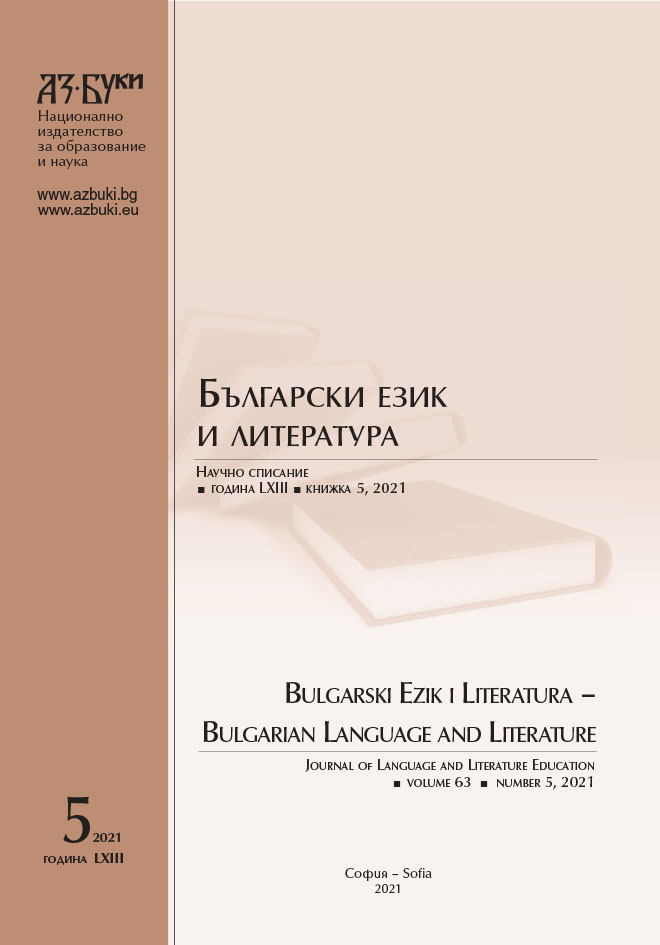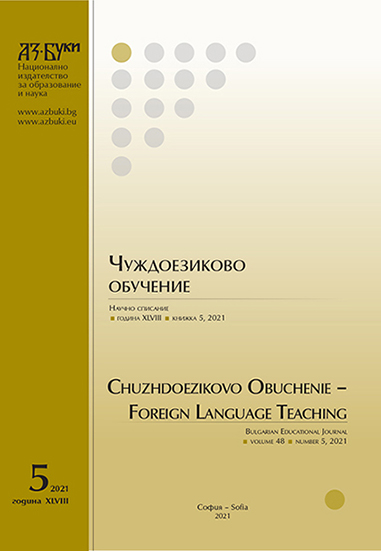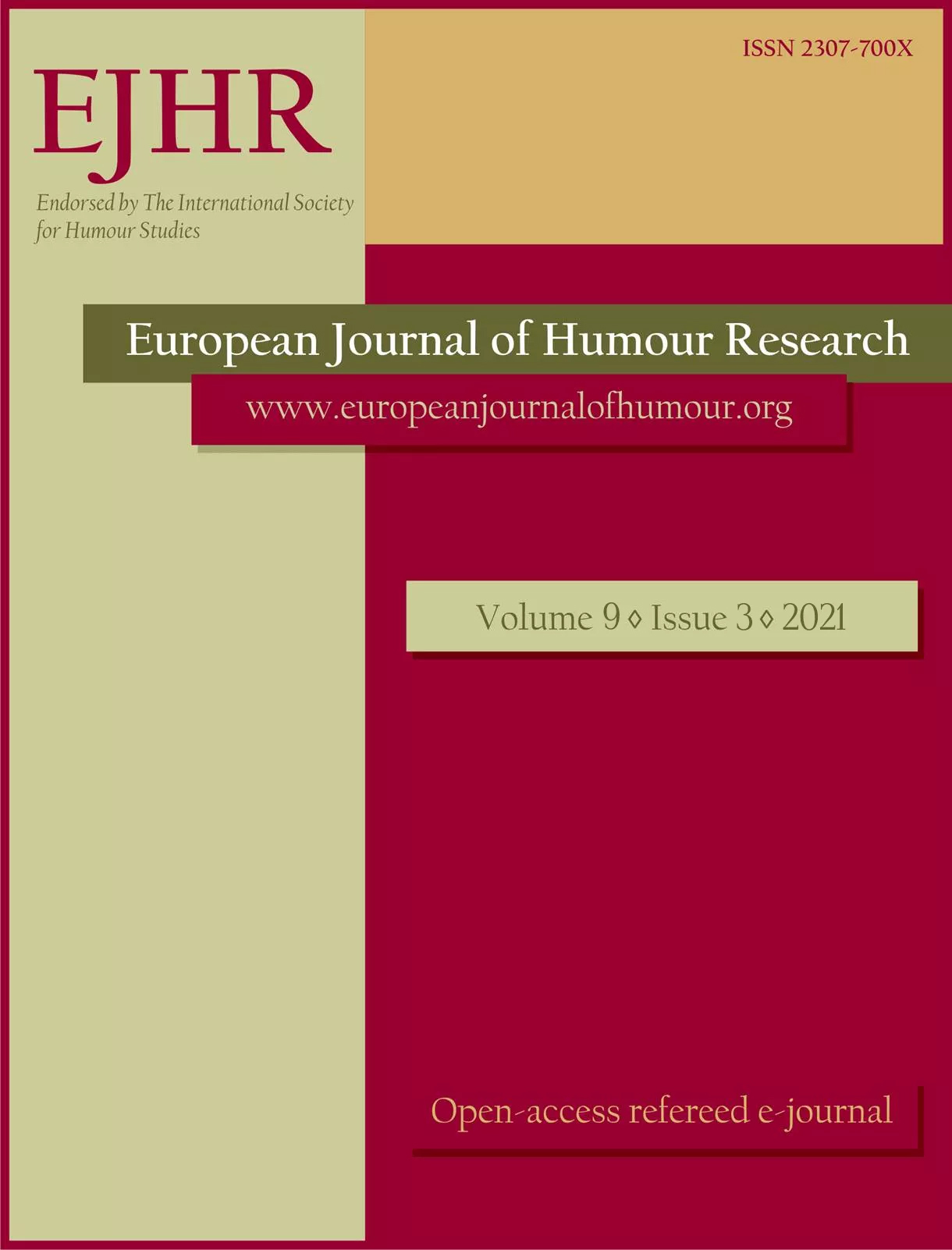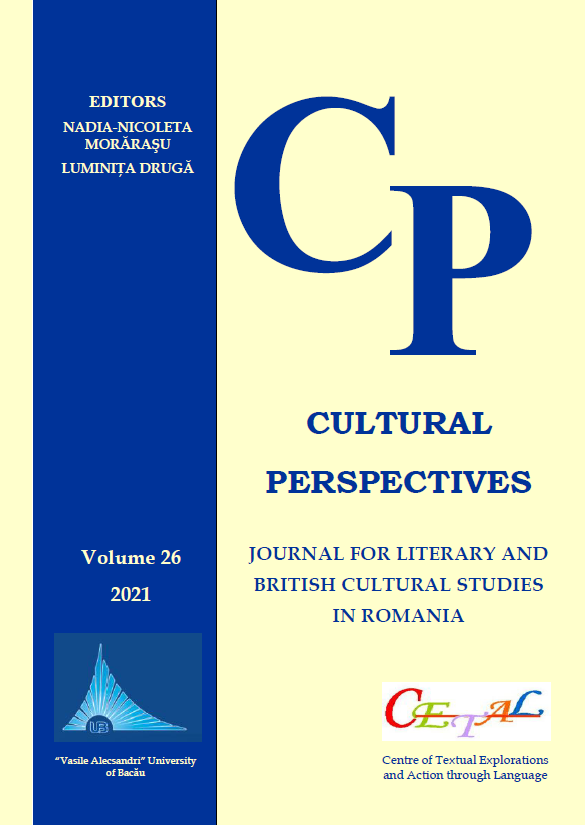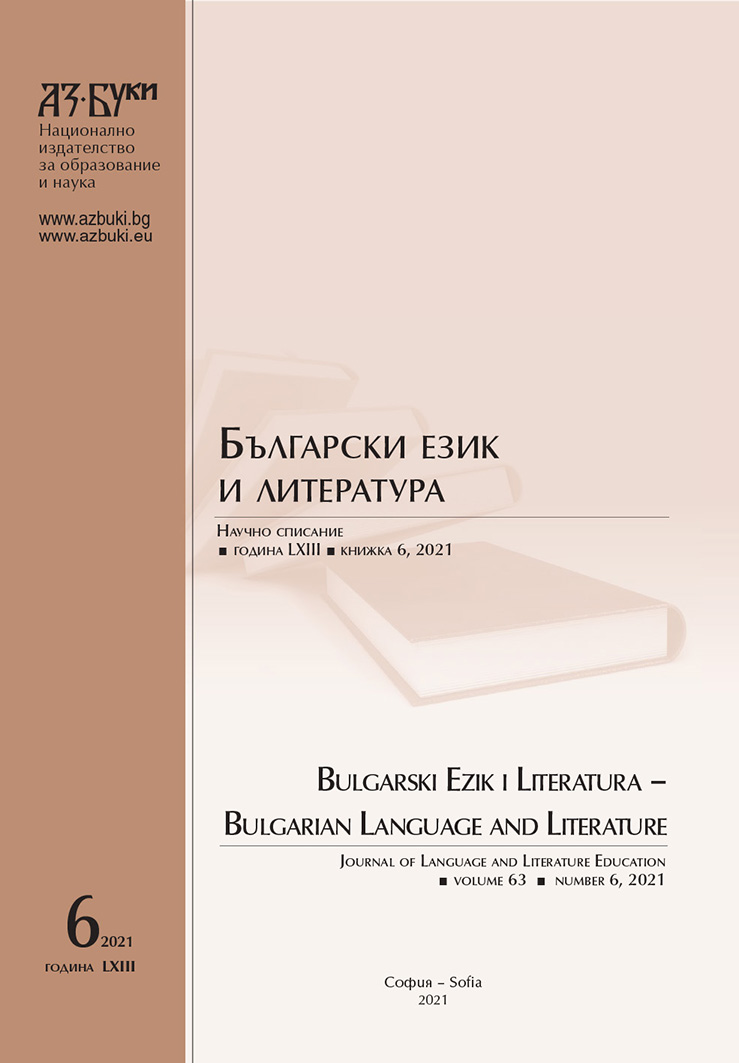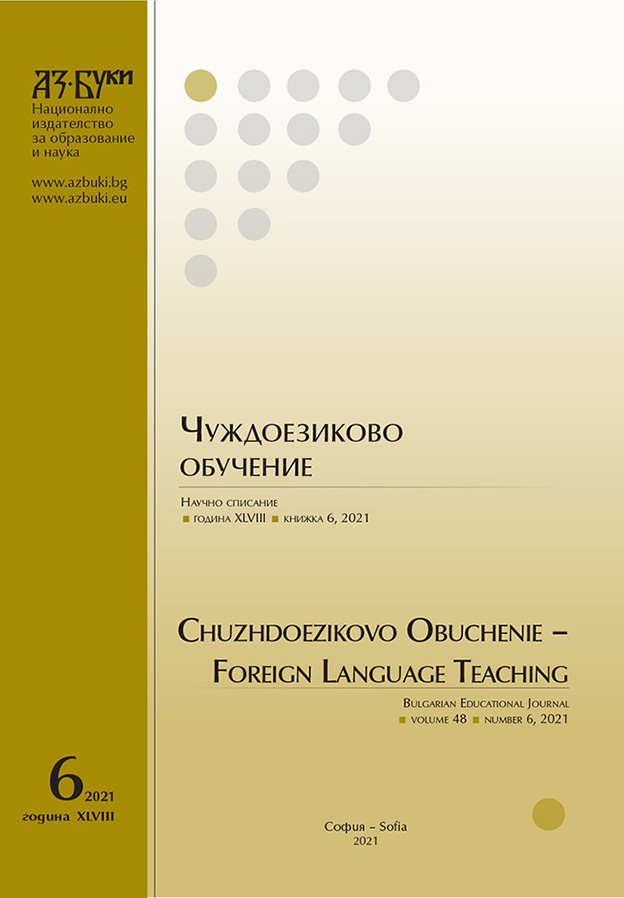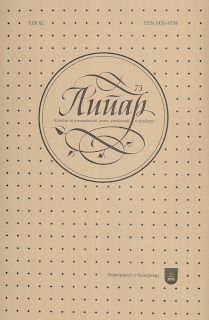
РЕПРЕЗЕНТАЦИЈA ХРАНЕ У "ЗБОРНИЦИМА ЗАКОНА И УРЕДАБА ЗА КНЕЖЕВИНУ СРБИЈУ" ИЗ ПЕТЕ ДЕЦЕНИЈЕ 19. ВЕКА
In this paper, we have analyzed specific linguistic and cultural representations of food within the codes of law, regulations and legal acts of the Principality of Serbia from the years 1840, 1845 and 1847. We employed historical discourse analysis, historical sociolinguistics, and general cultural studies of food as a base framework for our research. We have established that food has a marginalized status within the observed documents. We can differentiate between basic food consisting of bread and side dishes (food served for specific categories of citizens, such as soldiers, prisoners, and the ill) and luxurious food. The status of luxurious food is manifested by the presence of lexemes of foreign origin within the list of groceries. We can highlight three types of food discourse: (a) economic discourse; (b) discourse of the state act- ing as a protector of its people; (c) medical discourse. The main motivational factor to engage in talk about food is the economic interest and in those situations one can encounter food in a public place (such as customs, quarantine, farmer’s market). A discourse which governs other types of discourses is the discourse of the state acting as a protector. The state protects its food sources, especially focusing on the protection of the poor. Famine is not addressed directly, but implications of hunger can be discerned from some legal acts. The medical discourse is most prominent in the regulations concerning quarantine and border meetings, where the Fishler’s omnivore’s paradox and incorporation principle dominates the quarantine organization. The state is metaphorically perceived as a body, and the quarantine is a customs official whose job is to check whether a certain food item carries contagious diseases.
More...
